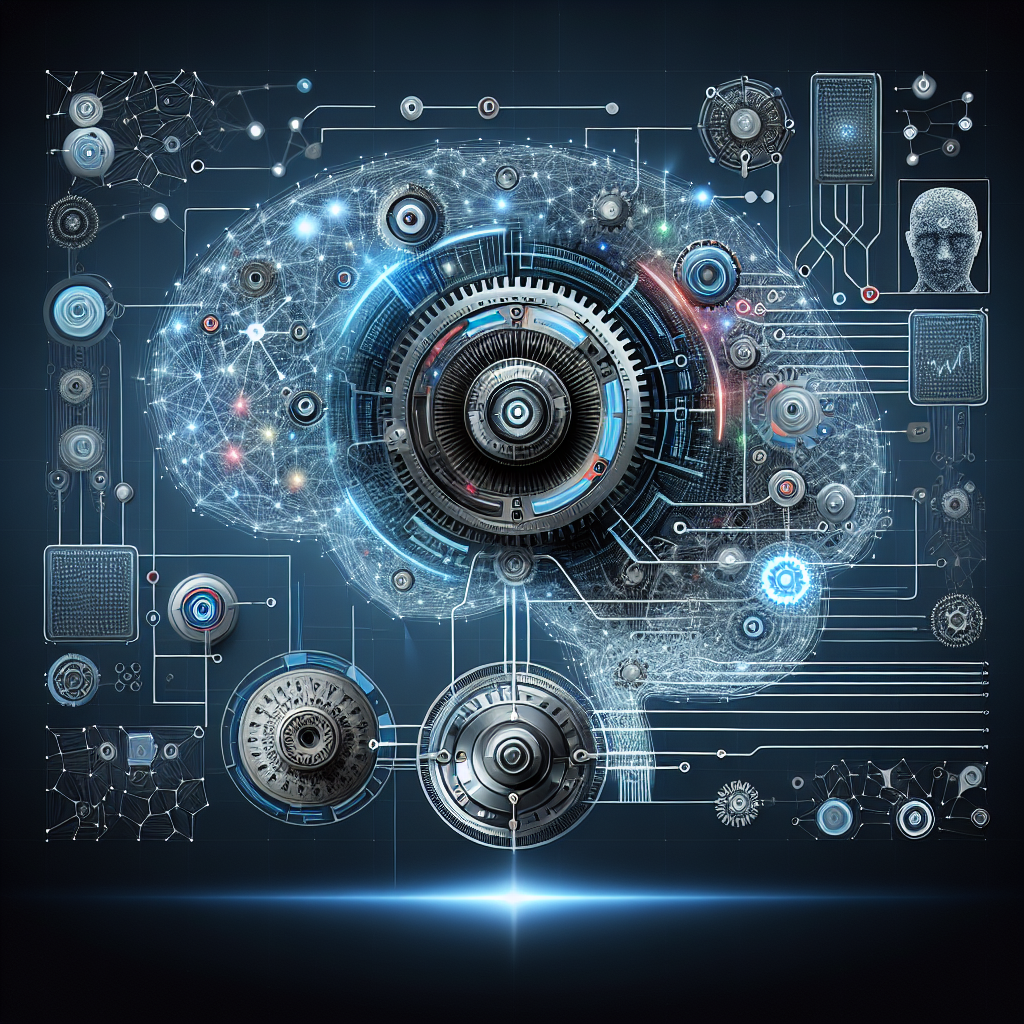Artificial General Intelligence (AGI) is a term used to describe a type of artificial intelligence that possesses the ability to understand and learn any intellectual task that a human being can. This form of AI is often contrasted with narrow AI, which is designed to perform specific tasks or solve specific problems. AGI has the potential to revolutionize industries, improve efficiency, and even surpass human intelligence in many areas. However, the development of AGI also raises ethical questions and concerns about its impact on society. In this article, we will explore the potential for superintelligent machines, the challenges of developing AGI, and the implications for the future.
What is AGI?
AGI is a form of artificial intelligence that is designed to understand and learn any intellectual task that a human can. This means that AGI can perform a wide range of tasks, from solving complex problems to learning new skills. AGI is often contrasted with narrow AI, which is designed to perform specific tasks or solve specific problems. While narrow AI has made significant advances in recent years, AGI remains a theoretical concept that has yet to be fully realized.
The development of AGI has the potential to revolutionize industries and improve efficiency in many areas. For example, AGI could be used to automate complex tasks that currently require human intelligence, such as diagnosing medical conditions or analyzing financial data. AGI could also be used to enhance human capabilities, such as by providing real-time language translation or improving decision-making in complex situations.
The Potential for Superintelligent Machines
One of the most exciting prospects of AGI is the potential for superintelligent machines. Superintelligence refers to AI systems that surpass human intelligence in all areas, including problem-solving, reasoning, and creativity. Superintelligent machines could potentially outperform humans in a wide range of tasks, leading to significant improvements in efficiency and productivity.
Superintelligent machines could also have a transformative impact on society. For example, superintelligent machines could be used to solve complex global challenges, such as climate change or poverty. Superintelligent machines could also revolutionize industries, leading to new forms of automation and innovation. However, the development of superintelligent machines also raises ethical questions and concerns about their impact on society.
Challenges of Developing AGI
Despite the potential benefits of AGI, there are significant challenges to developing this form of artificial intelligence. One of the main challenges is building AI systems that can understand and learn any intellectual task that a human can. This requires developing algorithms and models that can generalize across different domains and adapt to new situations.
Another challenge is ensuring the safety and reliability of AGI systems. Superintelligent machines could potentially have unintended consequences, such as making decisions that harm humans or society. Ensuring the safety of AGI systems requires developing robust mechanisms for control and oversight, as well as ethical guidelines for their use.
Implications for the Future
The development of AGI has the potential to transform industries, improve efficiency, and enhance human capabilities. However, the implications of superintelligent machines for society are still unclear. There are concerns that superintelligent machines could lead to job displacement, economic inequality, and ethical dilemmas.
To address these concerns, researchers and policymakers are exploring ways to develop AGI in a responsible and ethical manner. This includes developing guidelines for the safe and ethical use of AGI, as well as considering the social and economic implications of superintelligent machines. By addressing these challenges, AGI has the potential to revolutionize industries and improve the quality of life for people around the world.
FAQs
Q: What is the difference between AGI and narrow AI?
A: AGI is a form of artificial intelligence that is designed to understand and learn any intellectual task that a human can. In contrast, narrow AI is designed to perform specific tasks or solve specific problems. While narrow AI has made significant advances in recent years, AGI remains a theoretical concept that has yet to be fully realized.
Q: What are the potential benefits of AGI?
A: The development of AGI has the potential to revolutionize industries, improve efficiency, and enhance human capabilities. For example, AGI could be used to automate complex tasks that currently require human intelligence, such as diagnosing medical conditions or analyzing financial data. AGI could also be used to enhance human capabilities, such as by providing real-time language translation or improving decision-making in complex situations.
Q: What are the ethical concerns surrounding AGI?
A: The development of AGI raises ethical questions and concerns about its impact on society. For example, there are concerns that superintelligent machines could lead to job displacement, economic inequality, and ethical dilemmas. Ensuring the safety and reliability of AGI systems is also a major ethical concern, as superintelligent machines could potentially have unintended consequences that harm humans or society.
Q: How can the development of AGI be guided in a responsible and ethical manner?
A: Researchers and policymakers are exploring ways to develop AGI in a responsible and ethical manner. This includes developing guidelines for the safe and ethical use of AGI, as well as considering the social and economic implications of superintelligent machines. By addressing these challenges, AGI has the potential to revolutionize industries and improve the quality of life for people around the world.

